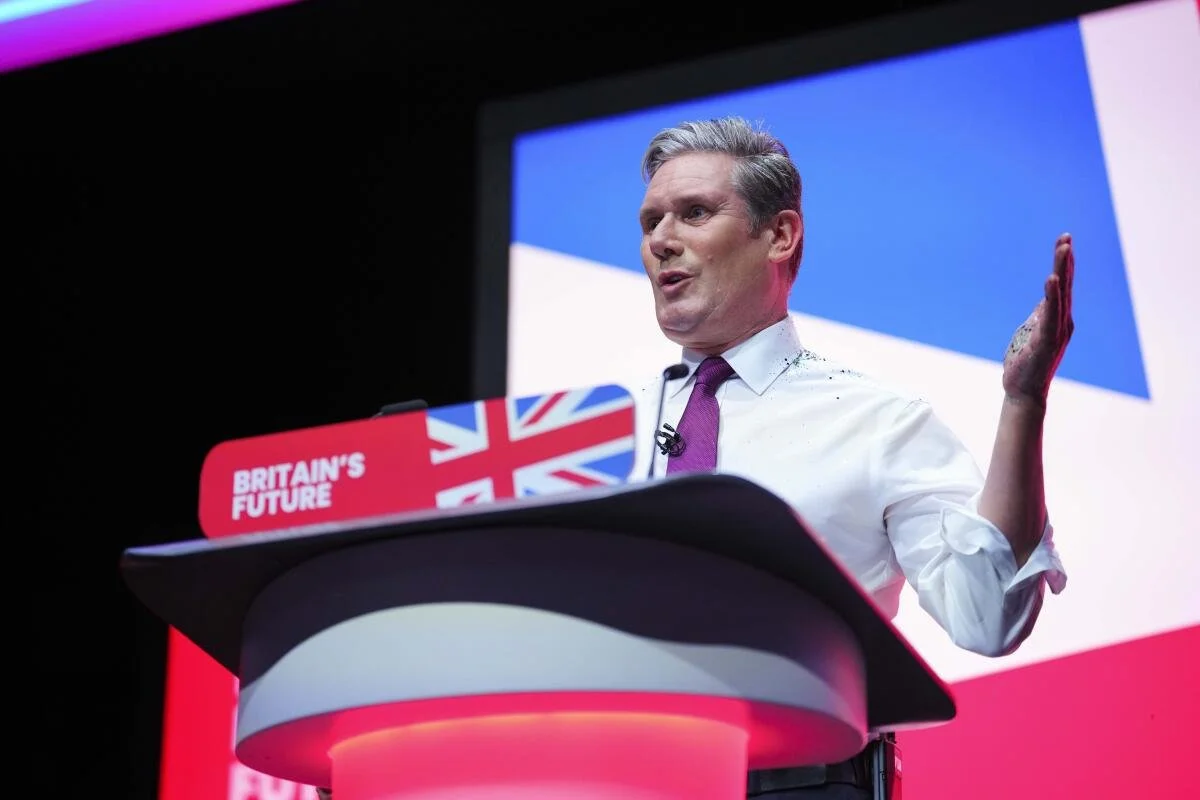
Insight
ARE WE HEADING FOR A SEPTEMBER CRISIS ON THE NORTHERN IRELAND PROTOCOL?
The stand-off between the EU and UK over how to implement the Northern Ireland Protocol (NIP) continues and, as we saw at the G7, has the potential to overshadow the government’s wider ‘Global Britain’ ambitions.
The US and EU are now working together to urge Boris Johnson to align with EU agri-food standards ‘temporarily’, to minimise checks on goods across the Irish Sea, and encourage stability in Northern Ireland. The government refuses, on sovereignty grounds. What is its alternative, and can it resist the pressure to align? And will the government really, as it is hinting to Northern Ireland Unionists, trigger Article 16 in the next few weeks, to suspend parts of the Protocol?
The UK alternative – ‘equivalence with teeth’
The UK continues to argue for ‘equivalence’ i.e. mutual recognition of SPS standards. David Frost’s Cabinet Office team has submitted a confidential paper to the European Commission – not yet shared with Member States – which argues for ‘equivalence with teeth’ i.e. with an independent arbitration mechanism to decide whether future divergence puts either party’s consumer or environmental safety at risk. I understand that this is modelled closely on the arbitration mechanism in the EU-UK trade deal (the TCA). The object is clearly to avoid signing up to alignment on SPS standards as a matter of principle, and keep the ECJ out of any future policing of divergence.
Is this a runner with the EU?
Almost certainly not. The EU takes a zero risk approach to food safety rules, and is unlikely to change that principle for the UK, especially when Member States’ trust is close to zero over UK handling of NIP implementation. The EU might well see this as ‘equivalence with dentures’. The EU would also be concerned about the precedent; worrying that the UK would argue for a similar approach for GB food exports to the EU, and that other trade partners would seek the same. Such a mechanism would in any case probably take years, rather than months to negotiate.

“For its part, the government is telling Unionist political leaders that it will make ‘major’ changes to the Protocol in the next few weeks – even hinting that it could trigger Article 16 shortly, to suspend parts of the Protocol.”
Is a Northern Ireland crisis imminent?
With the two sides maintaining their basic positions on alignment vs equivalence, a resolution on NIP implementation is unlikely before the end of September, when the next set of UK unilateral grace period extensions come to an end. An escalation is likely then, if not before.
In the meantime, the EU is seeking to defuse the tension – agreeing to extend the chilled meats grace period for three months, with conditions, and probably to offer a long-term solution on recognising medicines approvals from GB to NI. However, this is with the aim of winning the battle for public opinion, in Northern Ireland more widely, where a majority of the NI Assembly want to keep the Protocol, though to tweak it where possible, and especially with the Biden administration. The Commission wants to settle non-food issues as far as possible, the better to press Boris Johnson to choose on the EU’s terms – SPS alignment or zero-risk checks. For its part, the government is telling Unionist political leaders that it will make ‘major’ changes to the Protocol in the next few weeks – even hinting that it could trigger Article 16 shortly, to suspend parts of the Protocol.
Such an escalation would trigger a crisis, as it threatened to when the European Commission briefly proposed doing the same, back in January. It is not obvious why the government would provoke potential EU trade war retaliation, as well as anger in Washington, in this way – particularly when Frost doesn’t seem to a have a quick, easy solution – like the EU’s SPS alignment argument – to the Protocol checks. Fundamentally, the government accepts the need for the Protocol, and is implementing it to some extent; it just wants the EU to accept a higher risk threshold. But there is no doubt that Frost and the few political figures in No10 who shape policy on the Protocol think that talking tough is the way to squeeze concessions from the EU. They also know that NI Assembly elections next May are likely to produce a strengthened pro-Protocol majority, undermining some of their arguments about consent in NI. They may decide to ratchet up the tension ahead of the summer marching season in NI to pressurise the EU – and they could miscalculate and overplay their hand. It’s been known before…
What to watch out for
If the UK does decide to raise the temperature on the NIP, it would make sense to publish its ‘equivalence with teeth’ proposal in advance, to show that the UK is being pragmatic and seeking creative solutions. That would be a tactical move in the battle for NI – and especially US – opinion. If that happens, further unilateral moves, perhaps even formal notification that the UK is considering taking ‘safeguard measures’ – technically not a triggering of Art.16, though it would have the same impact politically – are likely. Ministerial language has also been toughening, with NI Secretary of State Brandon Lewis telling Parliament that there will ‘have to be changes’ to the Protocol and that it is currently ‘not sustainable’. We will see more of that language in the days and weeks ahead. We are likely to see a crisis over the NIP by September, but the government could bring it on by July. Short of a crisis which threatens him domestically, however, Johnson is unlikely to agree to formally align with EU food rules – that would start to unravel the whole basis of his Brexit vision.









